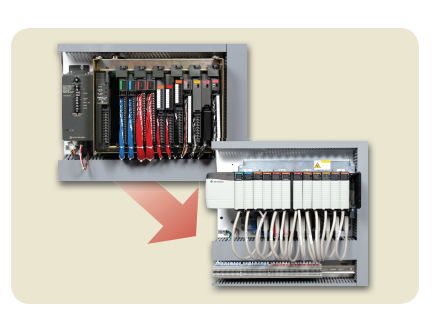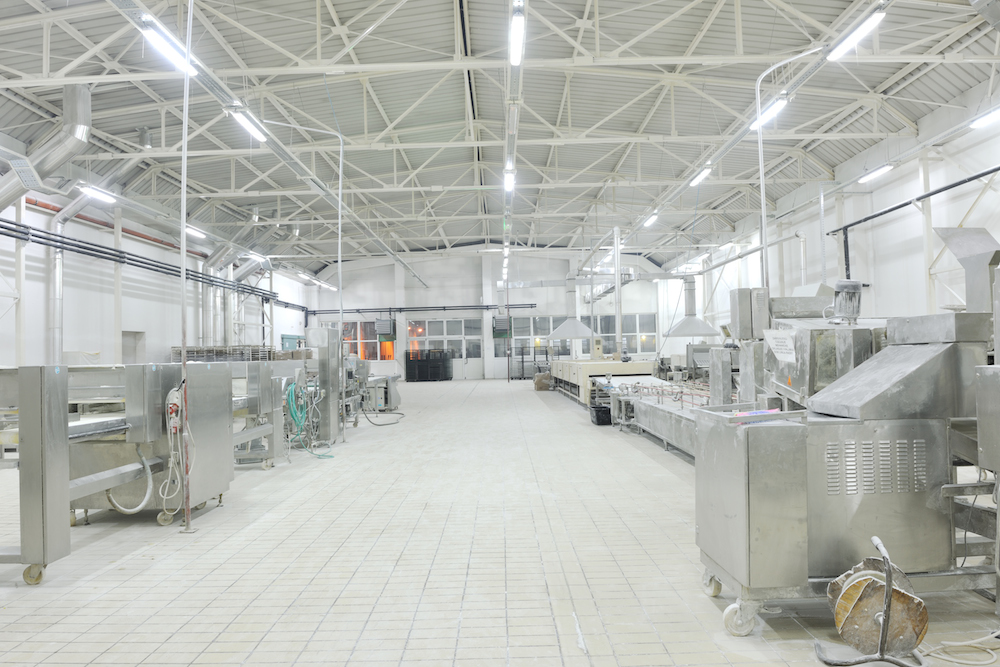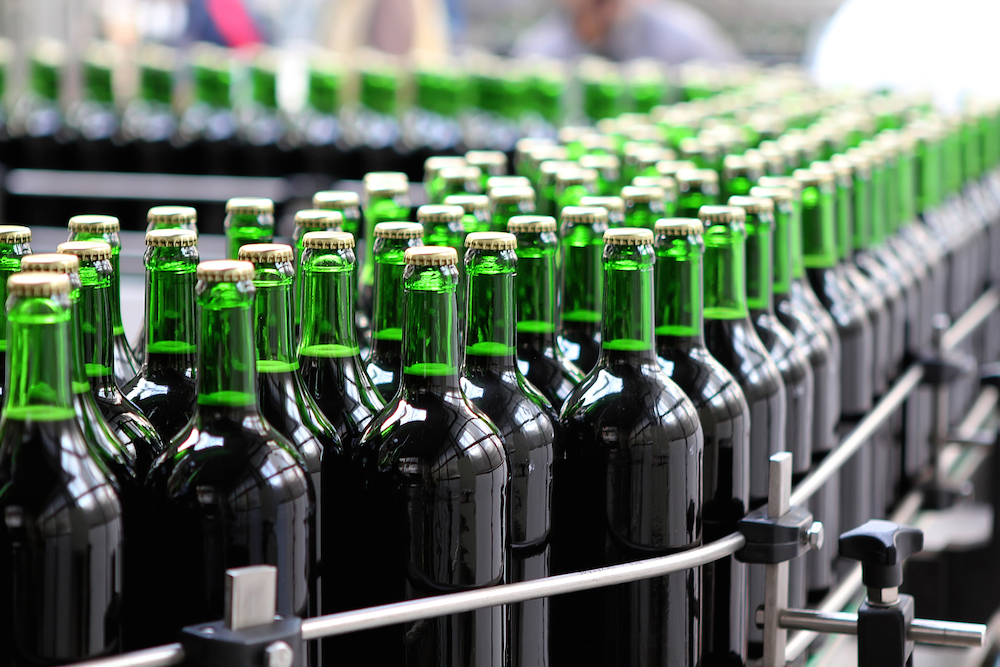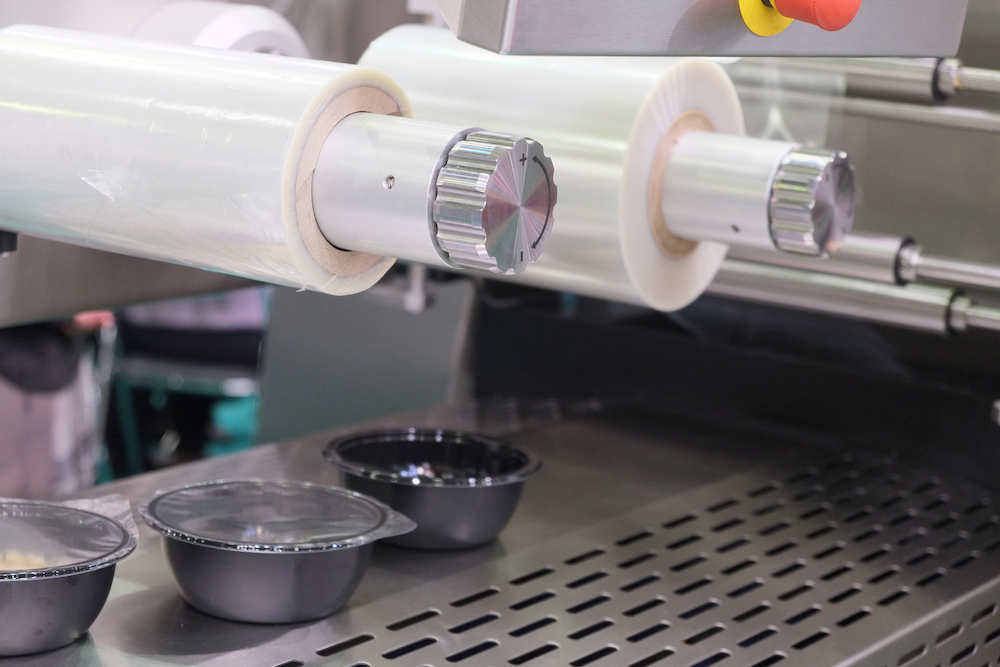Do You Really Need to Upgrade Your PLC-5 Automation System?
Source: Rockwell AutomationUpgrading PLC-5 automation systems has been on the food and beverage industry’s radar for quite some time now. In fact, when I began working at Stellar 12 years ago, people were buzzing about Rockwell Automation moving the processor into retirement (“Silver Series” status). However, the PLC-5 1771 was such a widely popular system, Rockwell held back on pulling the trigger until recently. In August 2012, Rockwell revealed it would no longer support the PLC-5 processor anymore, including engineering replacement parts—big news, considering more than 80 percent of the marketplace owned these systems. Continue Reading “Do You Really Need to Upgrade Your PLC-5 Automation System?”




![[Timeline] 9 Defining Moments for the Food Processing Industry](https://stellarfoodforthought.net/wp-content/uploads/2015/07/Defining-Moments-for-the-Food-Processing-31.png)







